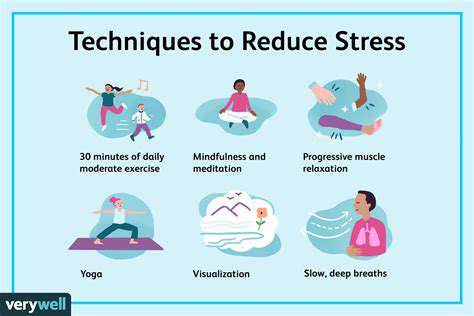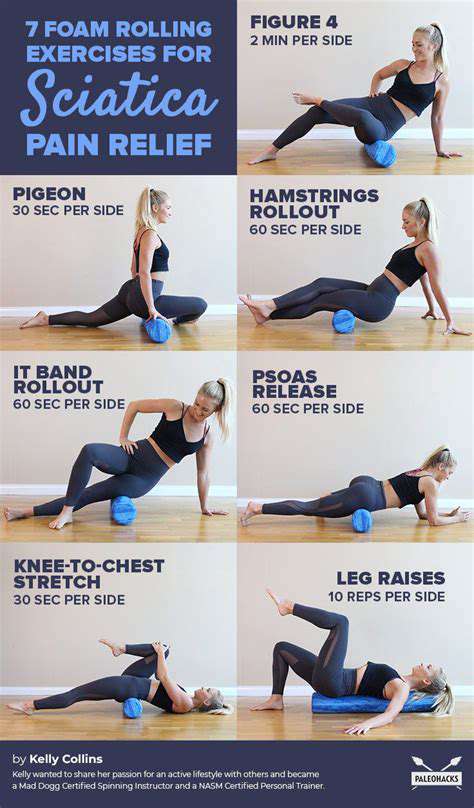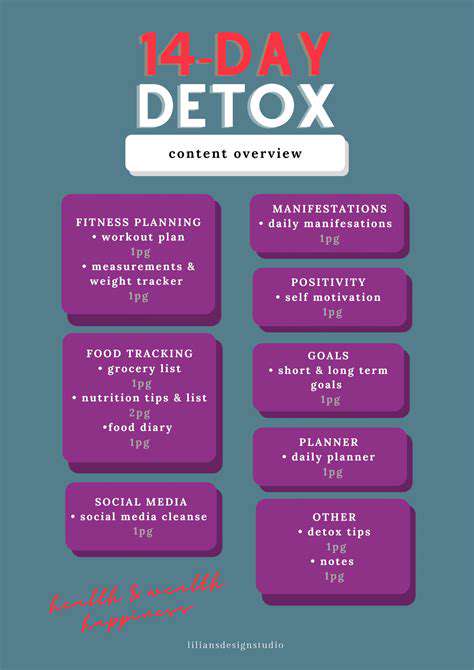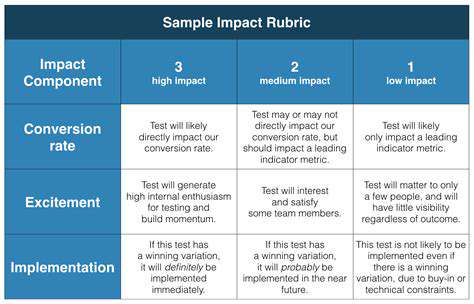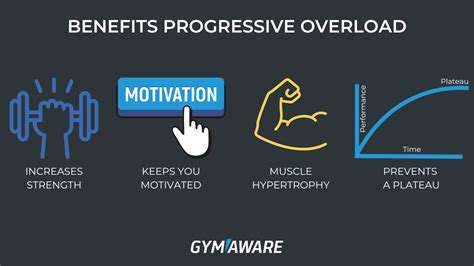How to Improve Your Sprint Speed
Serious underlying conditions often present subtle symptoms that can easily be overlooked. For example, fatigue might be attributed to stress or lack of sleep, while persistent cough could be considered a mere cold. This misattribution can delay diagnosis and treatment, resulting in worsened health outcomes.
Nutrition and Recovery for Peak Performance
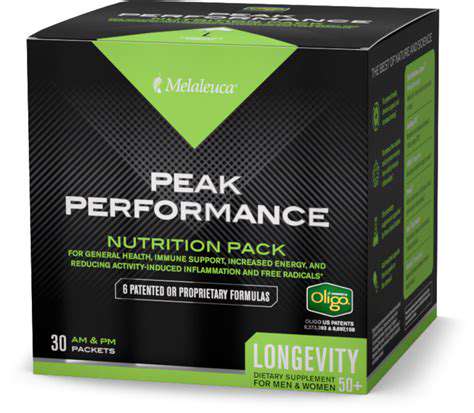
Fueling Your Body for Optimal Performance
Proper nutrition plays a crucial role in athletic performance, supporting energy levels, muscle repair, and overall recovery. A balanced diet rich in complex carbohydrates, lean protein, and healthy fats is essential for fueling workouts and supporting the body's physiological demands. This means prioritizing whole foods like fruits, vegetables, and lean meats over processed foods and sugary drinks. Consuming adequate calories, specific to your activity level and training goals, will help you maintain energy throughout your workouts.
Moreover, timing your nutrition around training sessions is critical. Consuming a pre-workout snack or meal ensures your body has the necessary energy to perform at its best. Post-workout nutrition is equally important for muscle recovery and replenishing glycogen stores. Choosing the right foods after training helps to facilitate the repair process and promote muscle growth.
Hydration: The Unsung Hero of Recovery
Staying properly hydrated is a cornerstone of any successful athletic program. Dehydration can significantly impair performance, leading to fatigue, decreased muscle strength, and even heat-related illnesses. Drinking plenty of water throughout the day, especially before, during, and after exercise, is vital for maintaining optimal hydration levels. Electrolyte balance is also crucial, so consider sports drinks or electrolyte-rich foods if your workout is intense or prolonged.
Paying attention to your thirst cues is a good starting point. However, it's important to remember that thirst is often a lagging indicator of dehydration. Therefore, proactive hydration strategies are essential for peak performance and preventing potential issues.
Rest and Recovery: The Foundation of Progress
While nutrition and hydration are crucial, adequate rest and recovery are equally vital for optimal performance. Recovery is the time when your body repairs and rebuilds muscle tissue, restoring energy stores, and strengthening your immune system. Insufficient sleep and inadequate downtime can lead to overtraining, decreased performance, and increased risk of injury. Prioritizing sleep, including 7-9 hours of quality sleep per night, is essential for recovery.
Beyond sleep, incorporating active recovery strategies such as light stretching, foam rolling, and low-intensity exercise can also promote healing and reduce muscle soreness. Listen to your body and take rest days when needed, allowing your body the time it needs to recover and rebuild. This is particularly important after strenuous training sessions or competitions.
Individualized Approaches: Tailoring Strategies for Success
Each individual has unique nutritional and recovery needs based on factors like activity level, training goals, and overall health. There's no one-size-fits-all approach to nutrition and recovery for peak performance. Consulting with a registered dietitian or sports nutritionist can help you develop a personalized plan that caters to your specific requirements. This personalized plan can help you optimize your nutrition and recovery strategies for superior athletic performance.
This personalized approach considers your unique metabolic response to different foods and activities, as well as any existing health conditions or dietary restrictions. Taking the time to understand your individual needs ensures that your strategies are effective and safe, maximizing your potential for achieving your goals.
Read more about How to Improve Your Sprint Speed
Hot Recommendations
-
*Guide to Managing Gout Through Diet
-
*Best Habits for Financial Well being
-
*How to Build a Routine for Better Mental Health
-
*How to Eat Healthy on a Budget [Tips & Meal Ideas]
-
*Guide to Practicing Self Acceptance
-
*How to Incorporate More Movement Into Your Day
-
*Guide to Managing Chronic Pain Naturally
-
*Guide to Building a Reading Habit for Well being
-
*Top 5 Weight Loss Supplements That Actually Work
-
*Best Exercises for Postpartum Recovery [Beyond Abdominal Work]
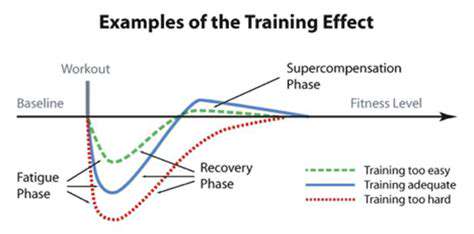
![HIIT Workout for Fat Loss [20 Minute Routine]](/static/images/26/2025-05/Exercises28Example293A.jpg)
